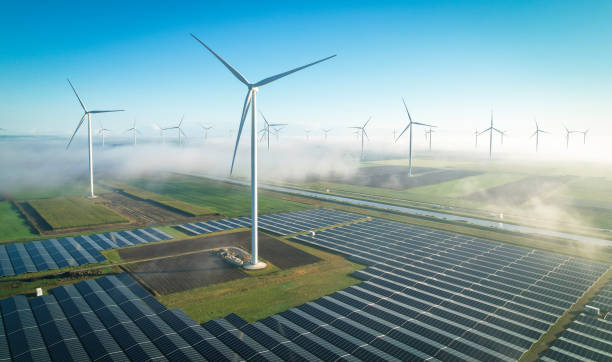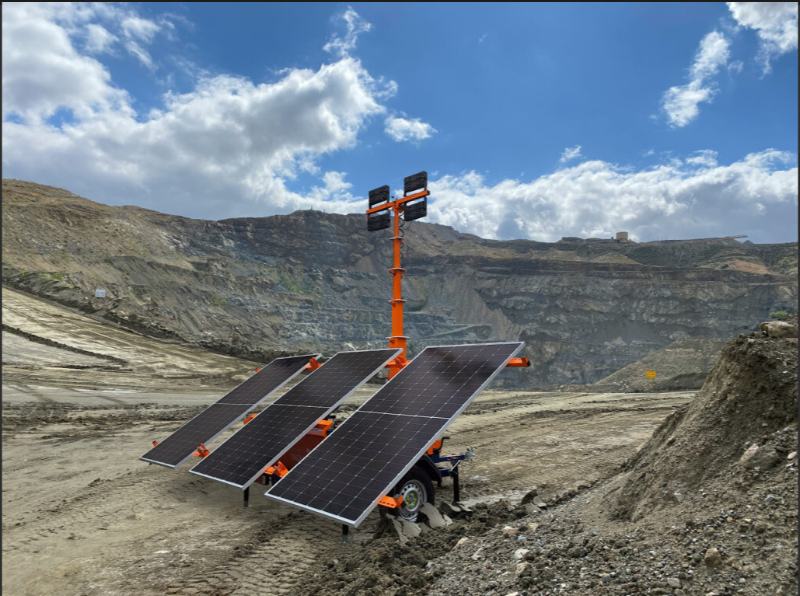What Meyer Burger’s Bankruptcy Signals for U.S. Solar Manufacturing
Meyer Burger’s Chapter 11 bankruptcy filing in the U.S., following its actions in Europe, marks a pivotal moment in the solar industry. The company estimates assets between $100 million and $500 million, and liabilities of $500 million to $1 billion, with U.S. Customs being its largest unsecured creditor. This development raises concerns about the financial landscape for American solar firms, especially those relying on imports.
**The Solar Industry is at a Crossroads: Globalization vs. Resilience**.
While global supply chains have benefited the solar sector, Meyer Burger’s situation reflects the precariousness of businesses facing high tariffs or shifting regulations. As clean energy globally aims for a green, domestic-focused future, companies must adapt or risk being sidelined. Meyer Burger’s struggles may serve as a case study in how international policy disagreements can ripple through the solar manufacturing chain.
**Supply Chain Diversification is No Longer Optional.**
This bankruptcy filing underscores the need for solar firms to diversify their supply chains to reduce risks. U.S. Customs’ involvement as a key creditor highlights the increasing regulatory and financial challenges imposed by import policies. Solar companies in the U.S. must evaluate if their current importing strategies are viable or if they should invest in local production upgrades to stay competitive and avoid legal financial entanglements.
**Investor Caution and Market Strategy Reassessment.**
The financial indicators Meyer Burger has disclosed — over 50% liabilities in its bankruptcy estimates — suggest not just a company in distress, but a warning to other players about the capital requirements in a post-tariff market. For investors, this is a moment to peel back the layers on other firms and consider long-term strategies that align with emerging green policies. Market strategies that once promised scalability may now need a new angle if companies expect to weather global market shifts and regulatory changes.
- Global solar manufacturing must anticipate and plan for regulatory shifts, especially under current trade tensions.
- Import-dependent solar firms could face risks if international tariffs or customs enforcement tighten further.
- This bankruptcy highlights the importance of resilient, localized energy production and supply chain diversification.
“Meyer Burger’s U.S. filing compounds the complexities of achieving a robust domestic PV manufacturing sector,” says Jack Donnelly, founder of Cleanlight. “This echoes challenges seen in Europe and emphasizes the need for strategic, policy-informed investment to navigate international turbulence and stay ahead in the clean energy race.”
In a rapidly evolving clean energy market, this story is a wake-up call. Boycotting globalized supply chains won’t magically protect companies; the lesson here is preparation, diversification, and resilience in anticipation of policy changes that prioritize domestic energy autonomy. As U.S. solar manufacturing shakes off its reliance on foreign-assembled components, how will smaller and mid-sized firms adapt? Consider the ripples this filing will have — is your business ready to pivot before the next round of trade measures reshapes the landscape?
Keep the writing professional but accessible. Ensure the content is optimized for WordPress publishing.


